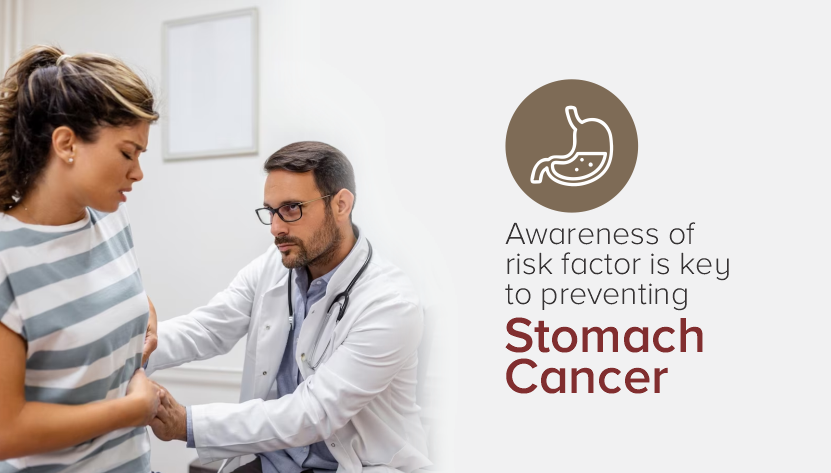Like most cancer types, doctors cannot always explain why one person gets gastric cancer and another doesn’t. Gastric cancer is cancer that starts anywhere in the stomach. It is not very easy to diagnose stomach cancer as it develops slowly over the years and also, people do not always experience any symptoms in its earlier stages and therefore, it often goes undetected.
